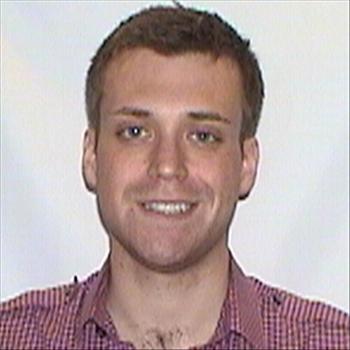
 Speaker "Sean Cornelius" Details Back
Speaker "Sean Cornelius" Details Back

-
Name
Sean Cornelius
-
Company
Center For Complex Network Research, Northeastern University
-
Designation
Senior Research Scientist
Topic
Big Data & Network Effects in Healthcare
Abstract
In seeking the factors that lead to lower costs and better patient outcomes, administrative health research has traditionally focused on characteristics of patients and hospitals--age, race, bed count, teaching vs. research status, etc.--in isolation. Yet in recent years, the availability of massive standardized healthcare datasets has enabled researchers to explore higher-order effects resulting from interactions of these factors over time. One such under-appreciated factor is that patients do not seek care at a single hospital but rather move between several throughout a lifetime, thereby participating in a "hospital network". We have used nearly 28 million hospital discharge records from 9.6 million unique patients in the state of California to explore the contribution of network effects toward key patient outcomes. We find that patients can be classified into one of two groups: "returners", who revisit a small neighborhood of geographically co-located hospitals, and "explorers", who visit distant parts of the network. We find that this dichotomy has a profound effect on patient outcomes, with "explorers" enjoying significantly lower costs and rates of in-hospital mortality on a per-visit basis. Taken together our results suggest that the US healthcare system, despite its size and complexity, might be understood from the vantage of a reduced-dimensional space of universal, "hidden" variables.